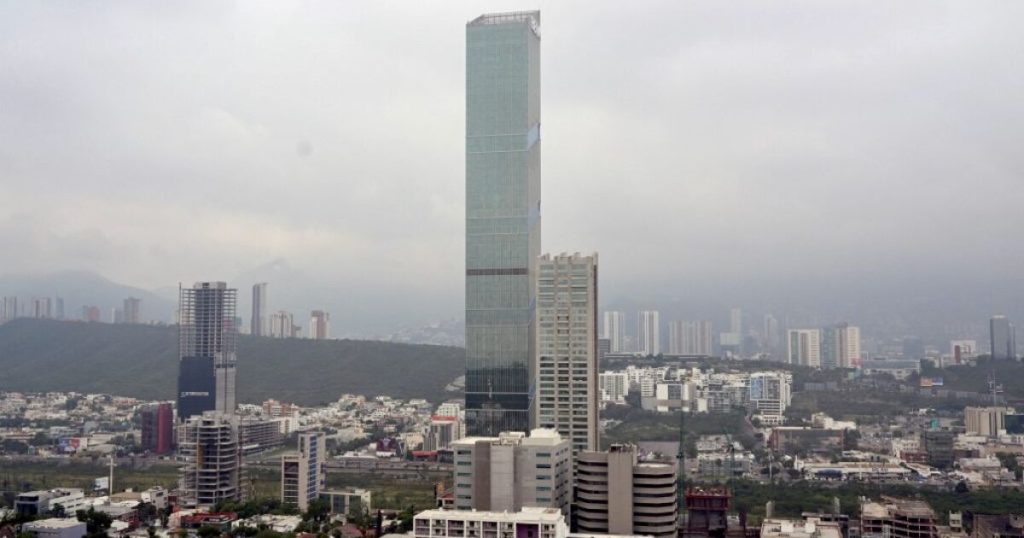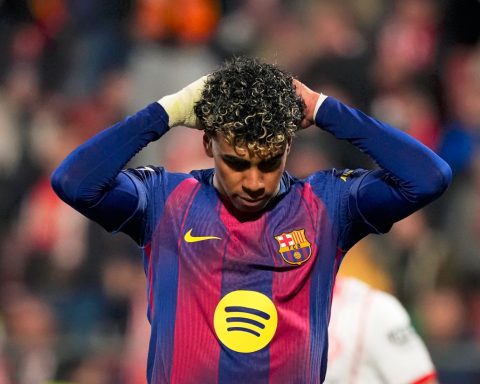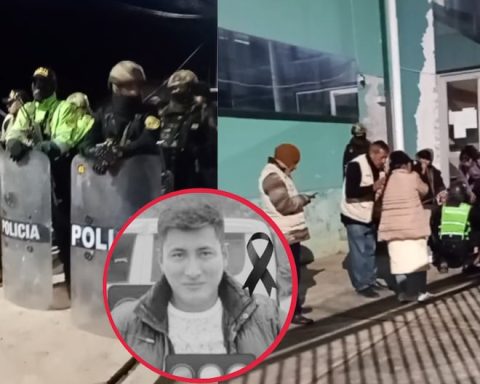Nicaraguan families silently face a drama that goes beyond the political and economic crisis, a suffering that has worsened in recent months and is devastating: suicide.
Specialists believe that cases have increased influenced by a sociopolitical context marked by persecution, migration, economic instability and growing drug consumption. Behind every person who has caused harm to themselves there are stories of suffering from entire families.
One of those stories is that of Matilde, a 23-year-old girl who lives in a neighborhood of Managua. Matilde tried to take her life twice, but thanks to her mother’s quick intervention, she was immediately taken to the hospital, where she was able to be saved. Since then, Matilde’s mother has waged a relentless fight to keep her daughter alive, seeking psychiatric and spiritual help in the Catholic Church.
The psychiatrist who treats Matilde diagnosed her with severe depression and personality disorder, caused by unresolved traumas such as parental abandonment, low self-esteem due to dissatisfaction with her physical appearance, infidelity of friends, a love breakup and the death of his grandmother.
Related news: Increase in suicides in the country worries mental health professionals
«It is a constant struggle because I have to be alert until she regains that sense and love for life. It is quite exhausting, but she is my daughter and I have to fight for her,” the mother confides in this report.
Cases on the rise
According to data from the Ministry of Health (Minsa), in 2018 there were just over 300 deaths from suicide. Three years later, in 2021, the number increased to 330 and in 2022, it reached 422 deaths. However, in 2023, the Minsa stopped reporting these figures in its official statistics, suggesting a possible lack of transparency in the management of this mental health crisis.
Social researcher María Calvo, from Spain, based on a study carried out in 2015 with the collaboration of Harvard University in the United States, stated that the absence of the father has devastating effects on the family and society. According to the study, 63% of youth suicides occur among those who do not have a father figure and 75% of adolescents in detoxification centers do not know any of their parents.
In Nicaragua, the absence of father figures is aggravated by the sociopolitical and economic context. Many parents have had to leave the country due to persecution by the regime of Daniel Ortega and Rosario Murillo or for economic reasons.
Related news: Costa Rica launches campaign against suicide due to increase in cases
In some cases, both parents are forced to emigrate, leaving their children in the care of grandparents or close relatives. This separation generates a perception of abandonment in children, who, without adequate treatment, can develop emotional problems that persist into adolescence and adulthood.
Impact of the sociopolitical and family context
Psychiatrist Christian Muñiz Farias highlights that children who grow up without a father figure often develop emotional disorders in adolescence, such as lack of identity, insecurity, loneliness and depression. These problems can manifest themselves in risky behaviors such as school failure, alcohol and drug use, and the inability to emotionally self-regulate.
In cities like Managua and Estelí, drug consumption among young people is increasingly common. Access to substances begins with the use of pills combined with energy drinks, which act as a gateway to stronger drugs. These consumption patterns aggravate anxiety and depression among adolescents, increasing the risk of suicide.
Experts have also concluded that cell phones can cause high levels of stress and anxiety in adolescents who have one from an early age.

Alarming cases of child suicide have shocked Nicaraguan society, such as the one that occurred in Estelí, where a child of only nine years old died from self-harm, supposedly motivated by a viral challenge on the TikTok platform. Recently, in September 2024, the alleged suicide of a seven-year-old boy was reported in a rural community in Managua, which has highlighted the lack of attention and prevention of this problem in the country.
An incapable and negligent health system
The lack of effective response from the Nicaraguan health system is another side of this problem. Despite the Ortega regime’s claims about the existence of care centers for young people with addiction problems and mental disorders, many families report that these services are not available when they are needed.
Related news: Daughter of Alexis Argüello: “On a day like today the criminal dictatorship of Ortega ordered a false suicide for my father”
Private consultations, which cost a minimum of $20 per session, are the only option for many, but represent an unaffordable expense for the majority of the population. Matilde’s mother regrets the lack of state support.
“We always have to look for private consultations that are expensive for families like us,” he complains. This cost is a huge obstacle for those who face the daily struggle with their loved ones’ mental disorders.
The need for urgent intervention
Quiroz is a psychologist who works with many Nicaraguans in Costa Rica. He points out that suicide is a global problem that requires urgent attention. Quiroz highlights the importance of recognizing warning signs such as increased alcohol or drug consumption, recurring thoughts about death, sudden mood changes, performing “farewell rituals” such as giving away belongings and, above all, isolation.
It is vital that a culture of prevention is promoted, which includes strengthening mental health care, emotional support programs and training the population to identify and act on these signs. The suicide crisis in Nicaragua is not only a personal tragedy for those who suffer from it, but a public health problem that demands an urgent and coordinated response, he recommends.
In a country where the voices of those who suffer are often silenced by repression and lack of resources, it is imperative that spaces be opened to listen, support and accompany those who find themselves in situations of emotional vulnerability, says the specialist.
“Only in this way will Nicaragua be able to begin to confront this silent epidemic that is claiming so many lives,” he warns.

















